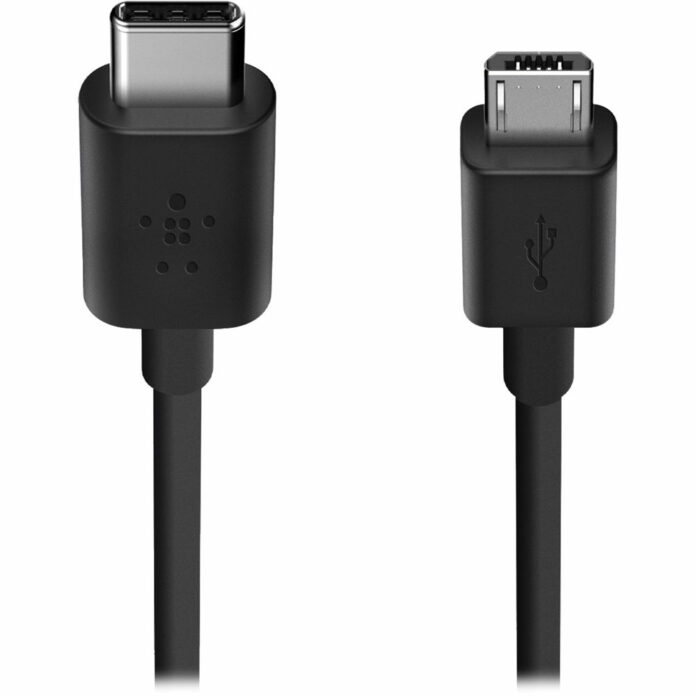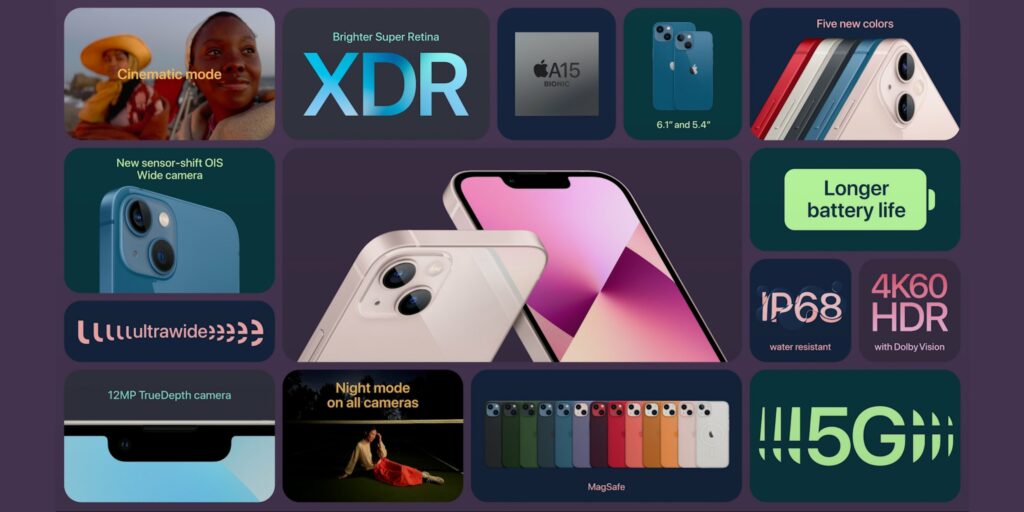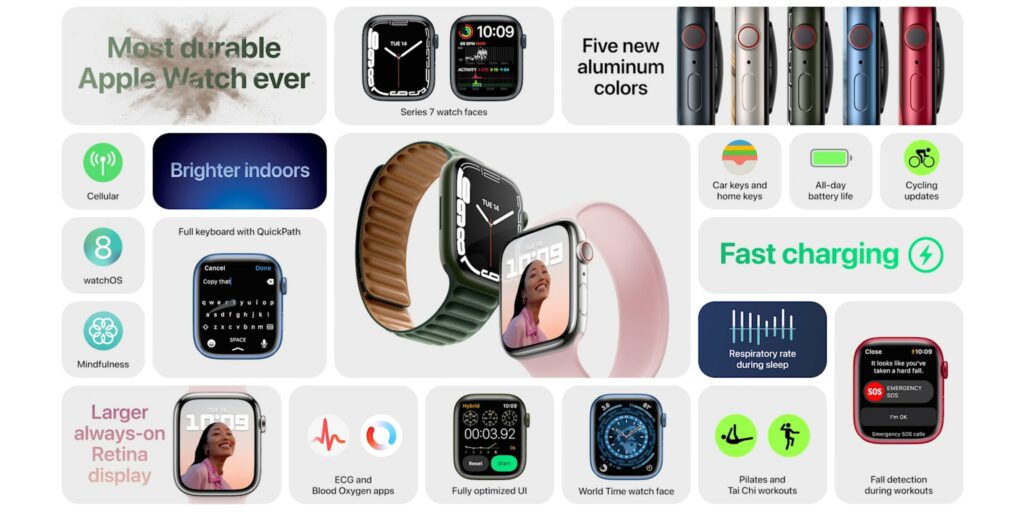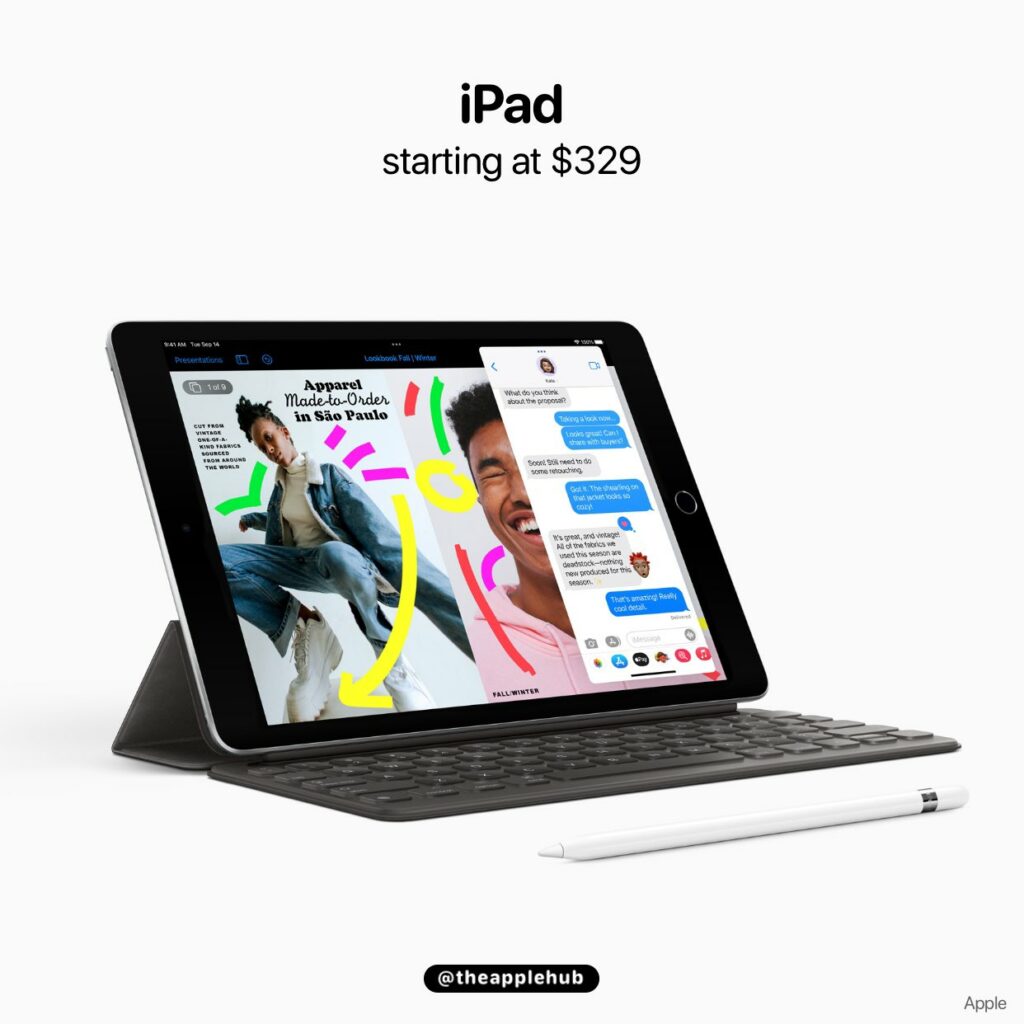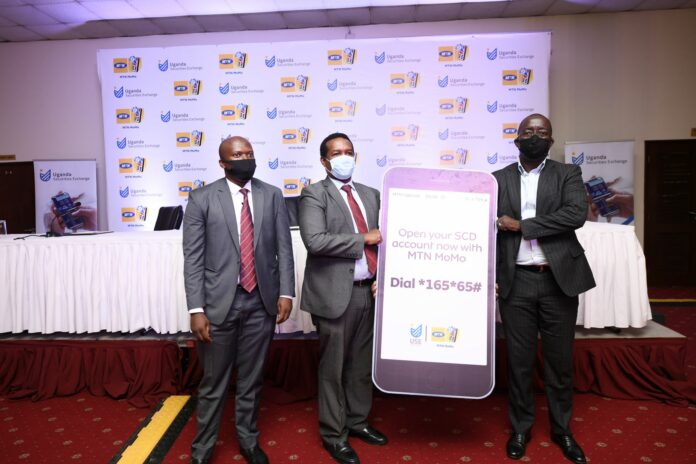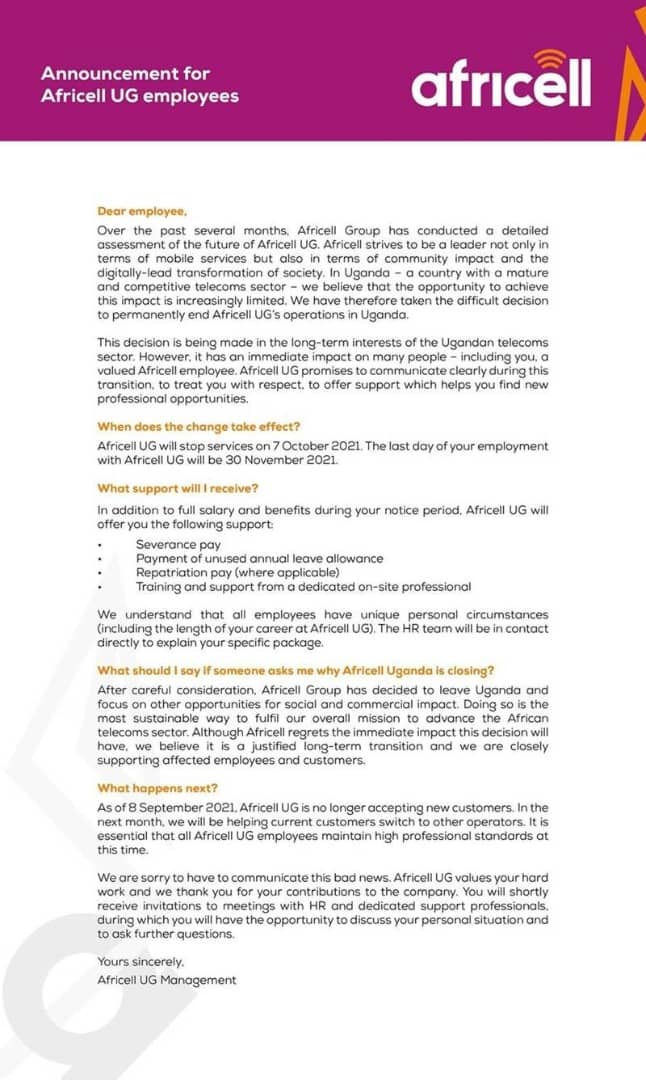MTN Pulse has today entered a partnership with FUZU the leading online Job and career portal in East Africa. This follows MTN Pulse’s vision of empowering the youth to realize their full potential as the vanguards of the future.
In this partnership, MTN Pulse will work with FUZU to support the MTN Pulsers with career guidance, job searching insights and the relevant training as a way of supporting them to identify and nurture successful careers.
Under this partnership, MTN Pulsers will get access to a customized fuzu platform with 400 FUZU points which will enable them to get discounts on the array of premium services offered by FUZU including personalized career coaching sessions with FUZU’s professional career coaches who give a holistic support on preparing for the right career opportunities and a professionally curated online curriculum vitae (CV) that improves the candidate’s chances of securing the job interview.

The MTN Pulsers who apply for jobs through FUZU can also redeem their Fuzu points for Instant Feedback on job applications to see how their profile compares with the employers’ requirements and top candidates, giving them an opportunity for learning and development using the FUZU points. Furthermore, they will be able to access FUZU Learn which entails professional courses created by FUZU and its learning partners such as Udemy.
While launching the partnership, Hellen Kirungi, MTN Uganda’s Youth Segment Manager said that MTN Pulse had partnered with FUZU to further support the youths in their career journey through empowering them with the right skill sets for their careers to take-off. Youth empowerment is one of the pillars upon which MTN Pulse is hinged.
“MTN Pulse is an aspirational brand for our Ugandan youth. And just like them, the brand is about excitement, fun, attitude, and ambition. Our partnership with FUZU solidifies our commitment to support their ambitions and help them secure a meaningful future that is productive, secure and successful,” Kirungi said.
Alvin Katto, Fuzu’s Country Manager in Uganda said that the partnership with MTN Pulse signifies a huge step forward in achieving Fuzu’s mission of preparing people for Success in Uganda.
“Since our launch in Uganda in 2018, Fuzu has supported thousands of people to get access to career guidance, growth opportunities and support to be able to achieve their career goals and have meaningful careers. The partnership with MTN Pulse provides us with a platform to enable even more people, specifically the youth, to have access to these resources, which we firmly believe will have exponential positive effects on the growth of the country.”
MTN Pulsers will register for this through the Pulse App under careers and will be redirected to the registration. The link to FUZU https://www.fuzu.com/signup/mtn-pulse will be zero rated to allow pulsers access to the rich and insightful career-related content from FUZU and to enable them keep up with the career dynamics as they find their footing in the world of work. MTN is keen on empowering the youth to take control of their lives through extending to them specially tailored offers such as this offer from FUZU that the youth need in order to get ahead in life.
The partnership between MTN Pulse and FUZU is but one of the many deals that MTN has secured for its youth segment customers. In addition to offering them discounted MTN products and services, the youth on MTN Pulse automatically qualify for discounts and freebies with various MTN Pulse partners. Go to https://pulse.mtn.co.ug/offers to get the best deals from the leading glam, fashion and eating joints around town courtesy of MTN Pulse.
According to Kirungi, it is easy for youth to become MTN Pulsers; All they have to do is download the MTN Pulse App available on both google play and iOS app stores and take over the world. The MTN Pulse app is an interactive platform where everything about the Pulse Nation lives including the funkiest content and offers from MTN Uganda and its Pulse partners. You can also learn more about the Pulse Nation on the MTN Pulse microsite.




